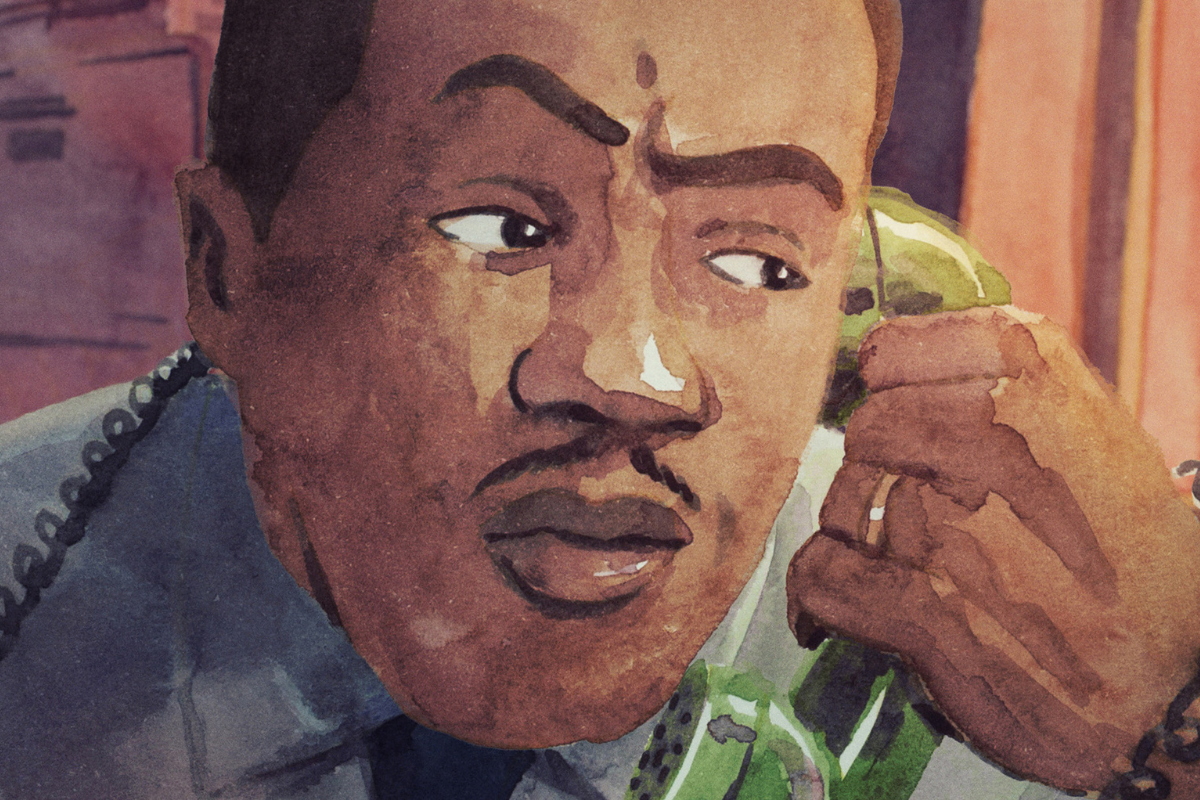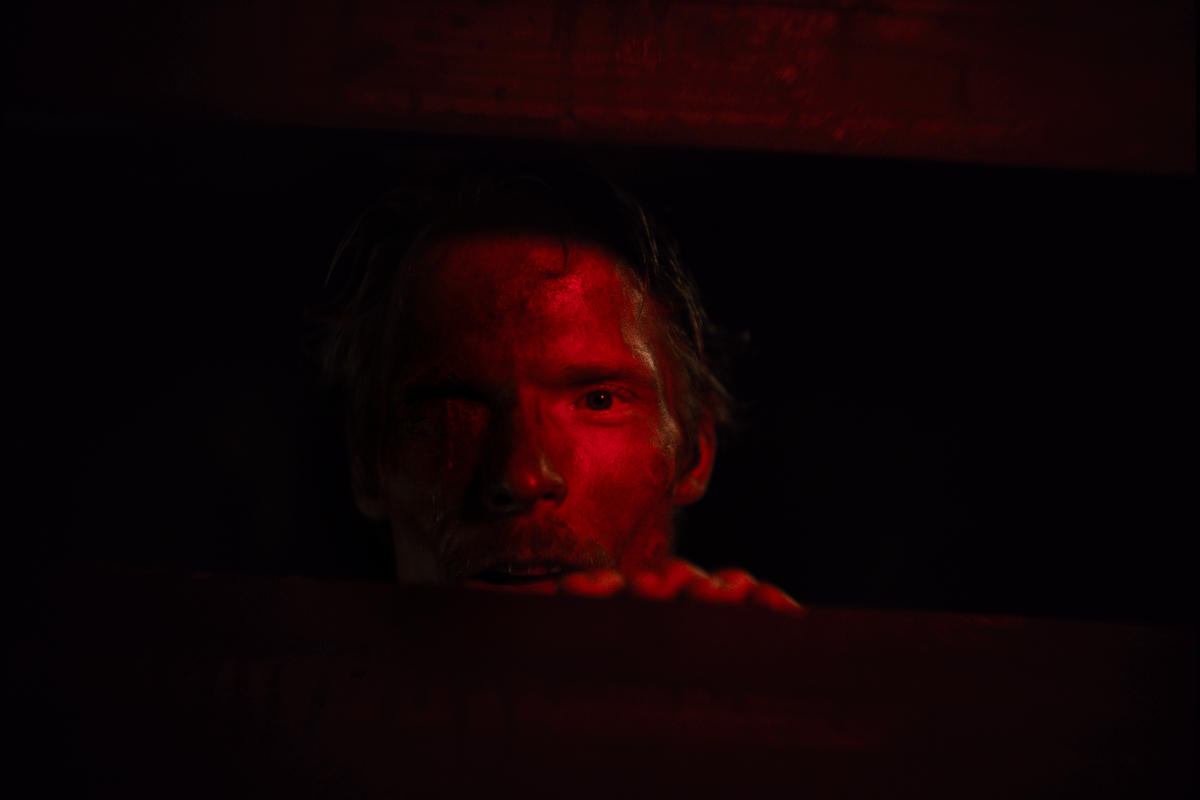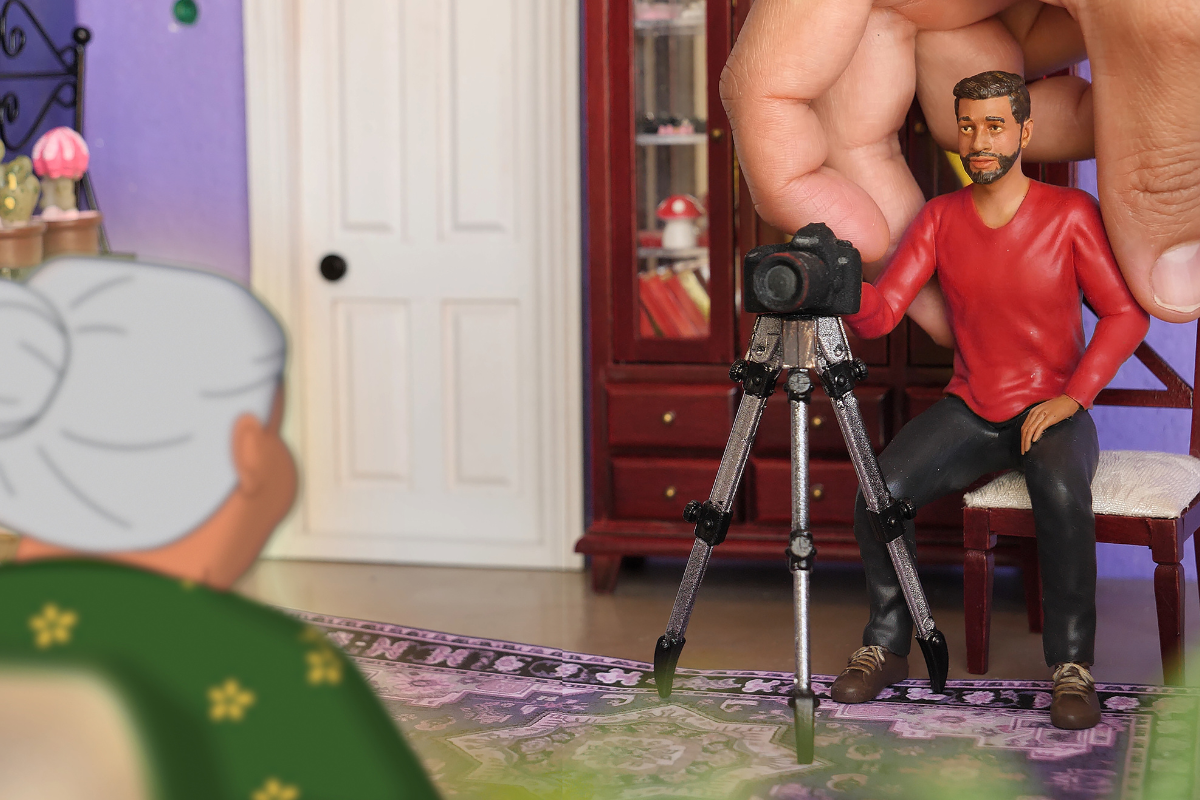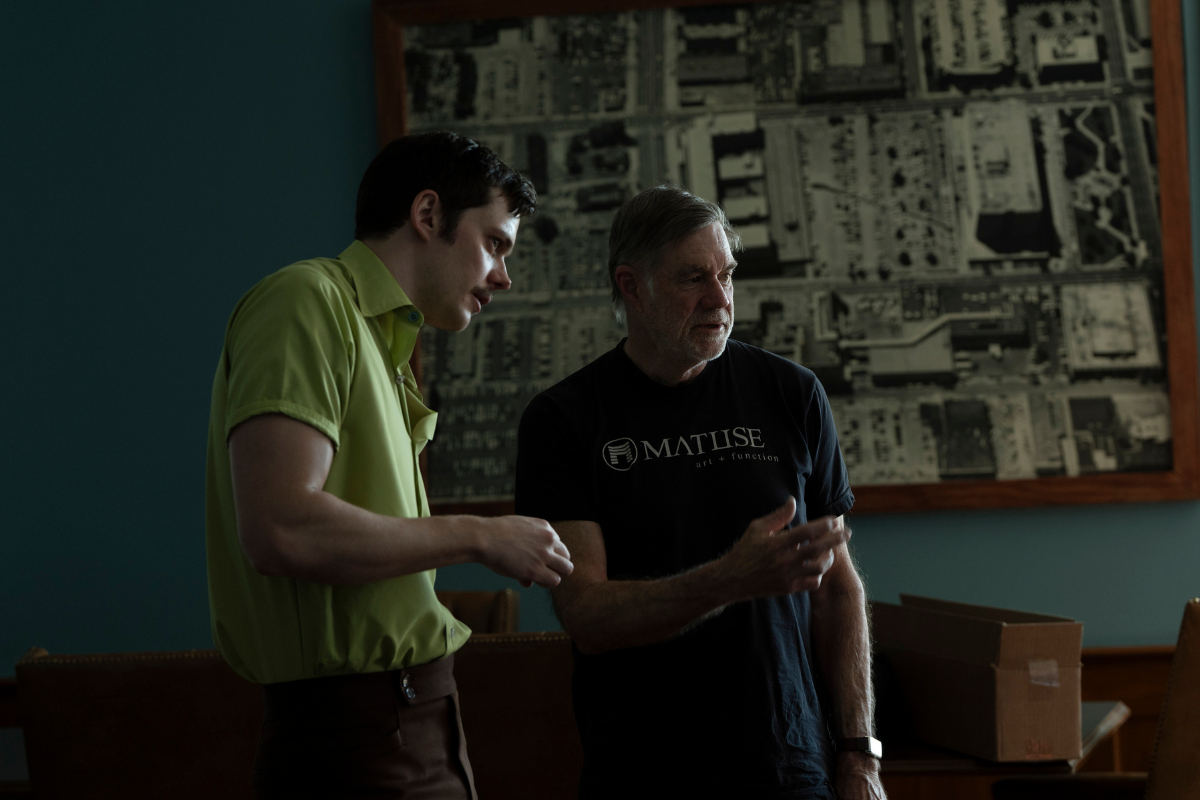Telluride Film Festival Report – Day 3 – ‘The History of Sound’ and ‘Bugonia’
As sometimes happens, actually often due to the “only in Telluride” magic, you find a high point and a low point on the same day.
Today, only two films. As sometimes happens, actually often due to the “only in Telluride” magic, you find a high point and a low point on the same day. This time I saw the film I’ve found the most rewarding, alongside the film that was the most disappointing. The "whys" of each impression are articulated below. The impacts will be pondered for some time as well.
The History of Sound
Oliver Hermanus is a maestro of cinema. I would argue he doesn’t make movies. He makes the best of cinema. It is hard to find fault with his choices of image and sound. He seems to feel through the casting to the soul of the character with whom he chooses to collaborate with. And it is amazing what he achieves coming from someone who seems to have a workman-like, head down, get it done air about him.
I was a huge fan of the last film he brought to Telluride, Living (2022), a hugely overlooked masterpiece. If you haven’t seen it, give yourself the pleasure of a viewing, or two. Being so enamored with his previous work, I was nervously highly anticipating this one. Would he be able to sustain the quality I’d come to expect? I was silly to be nervous.
<caption: left to right, Josh O’Conner, Paul Mescal and Oliver Hermanus with moderator at the Q&A after the showing of “The History of Sound” – Photo by Christopher Schiller used with permission.>
Born during the pandemic, when reading a short story by Ben Shattuck, the bones of a poignant film were found. Hermanus shared the short story with Paul Mescal and Josh O’Connor, who agreed, then got to work with the author on quickly honing a screenplay, filling out the story. The cast and script, eager and ready to go, they’d all have to wait years for everything to fall into place to be able to start.
The bulk of the story is set just after the turn of the last century and through the First World War and after, it centers around the emotional ties to music that bring people together, hold them through good times and sorrow, and the love that is expressed in sharing the spirit of music. A touching, lyrical love story with all the elements of ecstasy and agony and loss. Watching this, I thought this was an example that nearly all emotions can be expressed in song, the rest in the silences. Hermanus uses both perfectly.
I can’t call this mini-review a critique. I could find no fault. It hit no wrong note. It is perfection in sound and image. The two performances by Paul Mescal and Josh O’Connor are beyond reproach, perfectly played out in nuance and subtlety. The music and score are equally impeccable, and the imagery and settings are perfect backdrops for the story’s setting. I guess you can tell I enjoyed the film.
Bugonia
Unfortunately, it is not rare for a talented film director to be so lauded in his early works that he loses his way, but his fans and loving critics are still too enamored to notice. Otto Preminger was asked, when he had all the studio backing and money to build sets for his films, why he preferred to shoot on location. His reply, “Because here, I can’t move the walls.” The limitations freed and forced him to be creative, less complacent, and less willing to do what comes easily.
I fear that Yorgos Lanthimos has started to “shoot without walls.” Many of his recent films, with the wonderful exception of Poor Things, have felt like he ran loose with whatever struck him at the time to do. There were no voices of challenge, asking “Why?”, the most important question to ask a director when they’re set on something that might not be understood or seem unwise. The true artiste shouldn’t be offended because the opportunity to explain provides them the opportunity to explore and support their vision, resulting in the strongest of choices of how to proceed. Otherwise, you end up with a modern dance sequence in a period film.
Bugonia feels like it was produced without enough “Whys” being asked. Being a remake of the 2003 Korean film, Save the Green Planet, the bones of the story were already laid. Lanthimos was free to lay his style on top, with the opportunity to merge through and find something interesting and new. It comes across to me that he rushed, didn’t challenge himself enough to find the way through. It feels lazy, jarring in parts that didn’t need to be, and self-indulgent. This left two fine actors, Emma Stone, a long-time collaborator with Lanthimos, and Jesse Plemons, a recent multi-film collaborator searching for through-line, delivering each scene with their usual skill, but abruptly transitioning, often leaving the established character they’d artfully created behind because of the needs of the next scene’s chaos.
The film’s attempted commentary on modern-day concerns about climate change and humanity's impact on life on earth is muddled under the weight of an incongruous narrative mishmash. I think I’ll have to find and watch the original film to figure out what was attempted to be said with this one.
I do believe Lanthimos has outrageous talent. I’ve seen him come close to directing it through a proper lens to see glimpses of his genius. He needs more “Whys”, more doorways he can’t move, and more time to find his way instead of taking the easy path in front of his wild imagination. So, as you can tell, this was the disappointing one.
Read More 2025 Telluride Film Festival Coverage:
Christopher Schiller is a NY transactional entertainment attorney who counts many independent filmmakers and writers among his diverse client base. He has an extensive personal history in production and screenwriting experience which benefits him in translating between “legalese” and the language of the creatives. The material he provides here is extremely general in application and therefore should never be taken as legal advice for a specific need. Always consult a knowledgeable attorney for your own legal issues. Because, legally speaking, it depends... always on the particular specifics in each case. Follow Chris on Twitter @chrisschiller or through his website.







